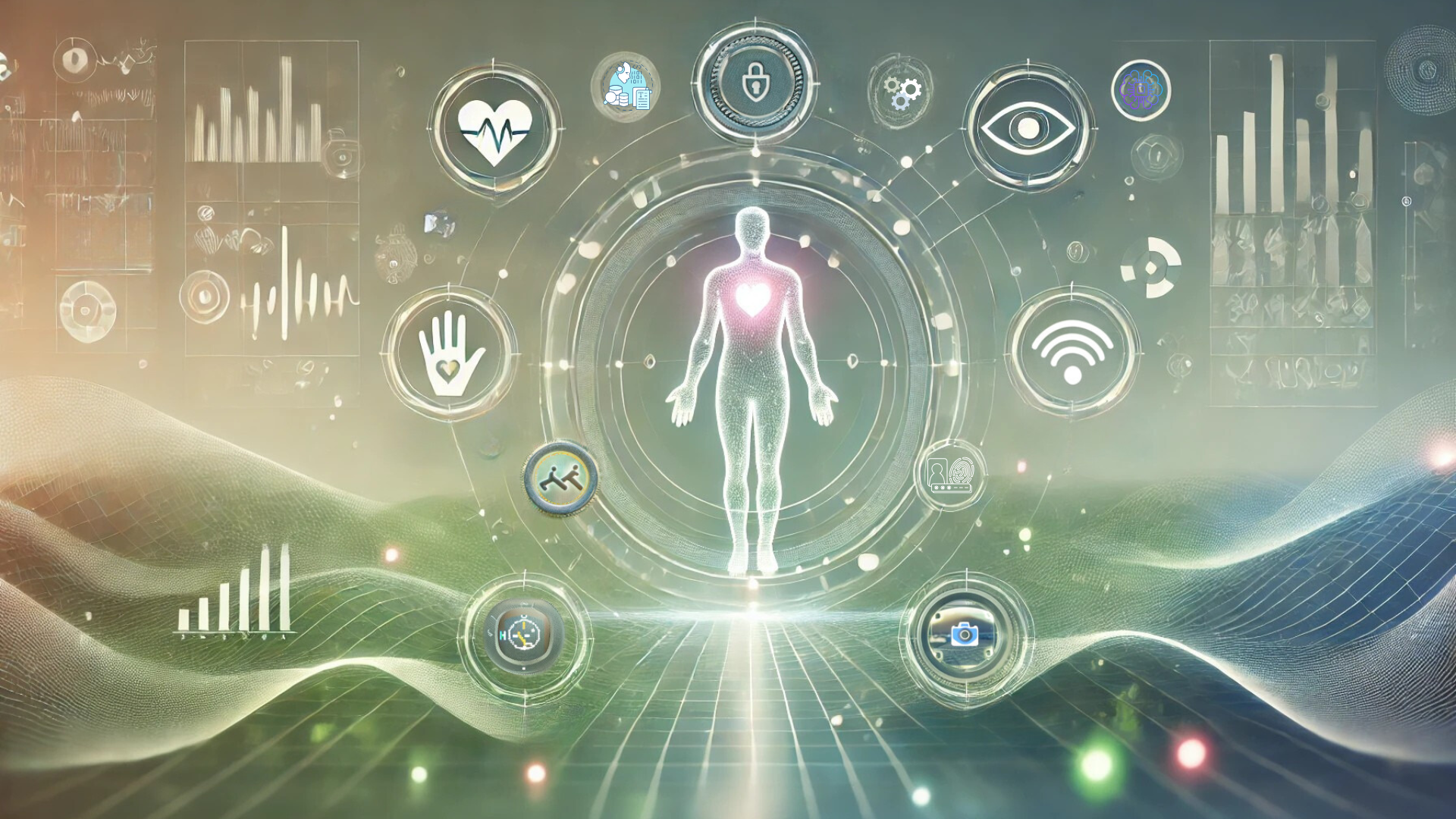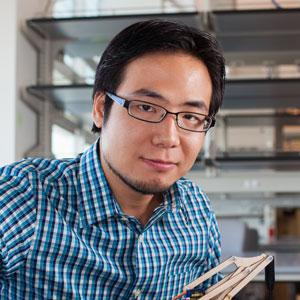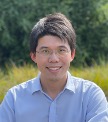Submitted papers must be unpublished and must not be currently under review for any other publication.
We will solicit papers in three categories:
- Full Papers (up to 6 pages including references) should report reasonably mature work in human-centered sensing, networking, or multi-device systems. These papers are expected to demonstrate concrete and reproducible results, even if the scale may be limited.
- Experience Papers (up to 4 pages including references) should present experiences with the implementation, deployment, and operation of novel sensing or networking technologies and systems for human-centered applications. Desirable papers are expected to include real data and descriptions of practical lessons learned.
- Short Papers (up to 2 pages including references) are encouraged to report novel and creative ideas that have yet to produce concrete research results but are at a stage where community feedback would be useful.
All papers will be at most 6 single-spaced 8.5" x 11" pages with 10-pt font size in two-column format, including figures, tables, and references. All submissions must use the LaTeX (preferred) or Word styles found here. LaTeX submissions should use the acmart.cls template (sigconf option), with the 10-pt font. All of the accepted papers (regardless of category) will be included in the ACM Digital Library. All papers will be digitally available through the workshop website, and the ACM Sensys 2024 Adjunct Proceedings. We will offer a "Best Paper" award, sponsored by Nokia Bell Labs, to one of the accepted papers.
By submitting your article to an ACM Publication, you are hereby acknowledging that you and your co-authors are subject to all ACM Publications Policies, including ACM's new Publications Policy on Research Involving Human Participants and Subjects. Alleged violations of this policy or any ACM Publications Policy will be investigated by ACM and may result in a full retraction of your paper, in addition to other potential penalties, as per ACM Publications Policy. https://www.acm.org/publications/policies/research-involving-human-participants-and-subjects
Please ensure that you and your co-authors obtain an ORCID ID, so you can complete the publishing process for your accepted paper. ACM has been involved in ORCID from the start and we have recently made a commitment to collect ORCID IDs from all of our published authors. We are committed to improve author discoverability, ensure proper attribution and contribute to ongoing community efforts around name normalization; your ORCID ID will help in these efforts.
HumanSys'25 follows a single-blind review process.
Please submit your papers via this link - https://humansys25.hotcrp.com/
Camera-ready Manuscript Details
Please note that the page limit is 6 pages (including references) in the ACM format ("sigconf") with a 9pt font.
Important Dates
- Paper Registration Deadline:
3 Mar, 2025 → 10 Mar, 2025, 23:59 AOE
- Submission Deadline: 10 Mar, 2025, 23:59 AOE
- Notification of Acceptance: 24 Mar, 2025
- Camera Ready: 31 Mar, 2025
- Workshop Date: 6 May, 2025


